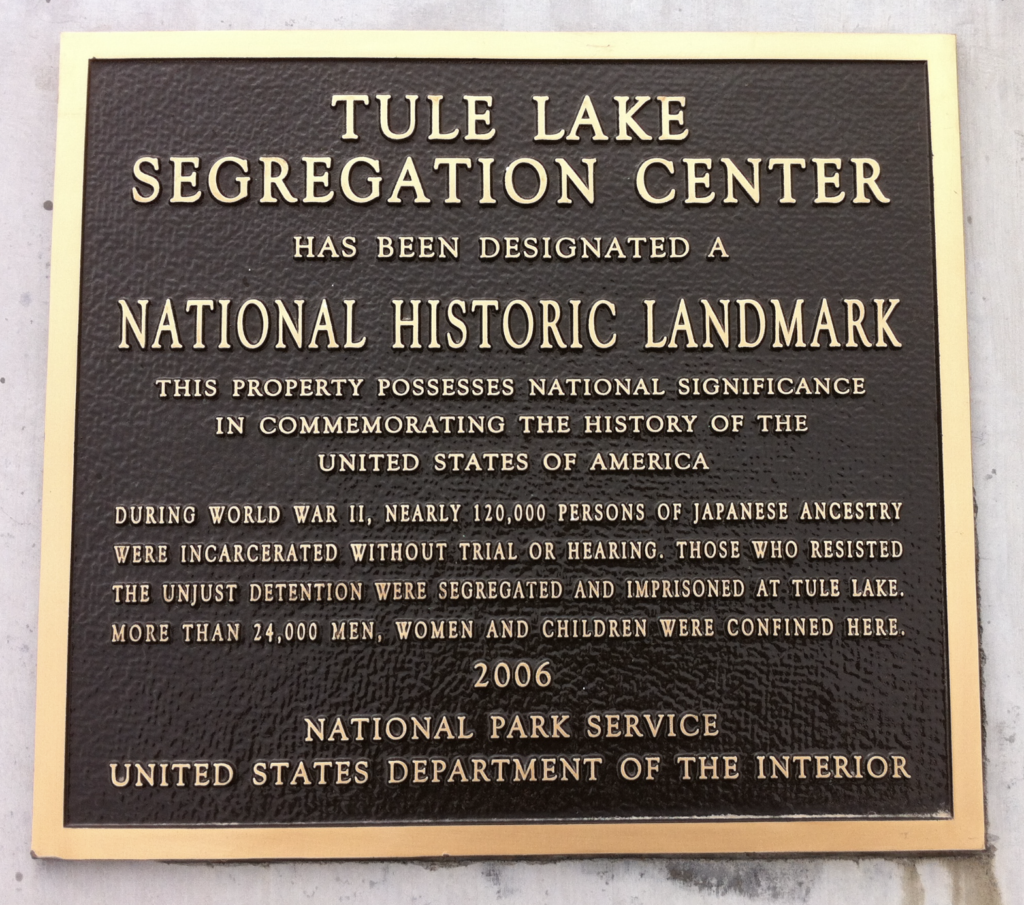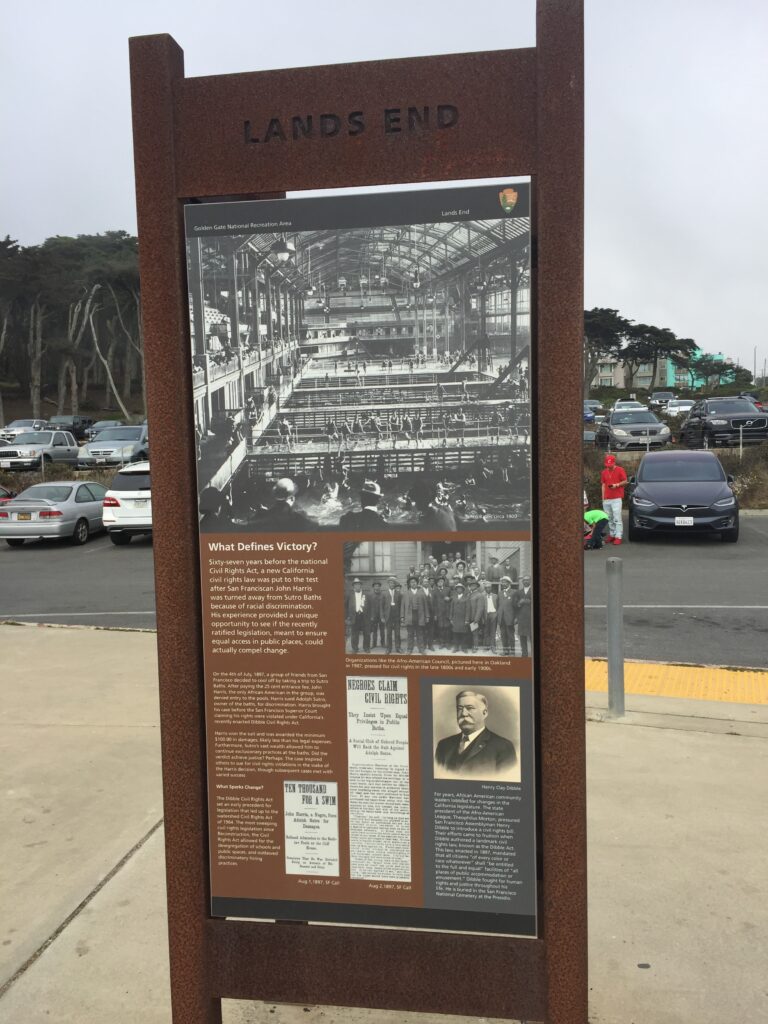The incarceration of 120,000 Japanese Americans during World War II began with an executive order. President Franklin Roosevelt’s EO 9066 forced thousands of families from their homes on the West Coast into desolate, isolated concentration camps where they lived in hastily constructed ramshackle barracks behind barbed wire, surveilled by armed guards, cut off from the outside world. Their experiences are preserved in two California national historic sites: Manzanar and Tule Lake.
Today, because of a new executive order, their voices may once again be silenced. Under the current order, with the Orwellian title of “Restoring Truth and Sanity to American History,” the Interior Department will remove all “inappropriate content” at national parks and sites by September 17. Are the lived experiences of the Japanese Americans who lost their homes, farms, and property, and endured years imprisoned, “inappropriate?”

As a researcher for the National Park Service, I helped write an exhibit about Tule Lake, a barren stretch in the dusty high desert near the Oregon border. Accompanying haunting images by photographer Hiroshi Watanabe, our text sought to amplify the memories of those who were held captive there and remind us all of that great injustice, so that it would not happen again.
Tule Lake is one of only many vital stories told by the NPS, some only recently discovered and displayed, that are threatened with erasure under this draconian mandate. The new Interior Department signage, already on display at Manzanar National Historic Site, asks visitors to report “information that is negative about either past or living Americans…”
Many exhibits in our own Golden Gate National Recreation Area would fall under those categories.
A display at Sutro Baths tells how Robert Harris, an African American waiter, denied entry into the pools because of his race, challenged segregation. The site, owned by former San Francisco Mayor Adolph Sutro, acclaimed as an engineering marvel because it pumped sea water into the swimming pools, had not publicly recognized that unprecedented civil rights lawsuit until 2017.

William Kent, the donor of Muir Woods and a member of Congress, had long been lauded as a generous philanthropist and author of the legislation that established the National Park system. However, up until a few years ago, his calls for the extension of the Chinese Exclusion Act and his racist anti-immigrant speeches had not been mentioned. Now the full actions of this complicated man are part of the rangers talks and signage at Muir Woods.
Alcatraz, the most visited national park in the country, was well-known in popular culture as the prison that held Al Capone, but until GGNRA education staff unearthed a deeper history, there was no mention of the dungeons below the cell blocks that held World War I conscientious objectors. One of them, Robert Simmons, had already served in France, but decided he could no longer obey any military order. He was kept in a pitch-dark cell in solitary confinement. As one African American newspaper, The Messenger, conjectured: “The Negro may be choosing being burnt by Tennessee, Georgia or Texas mobs or being shot by Germans in Belgium.”
Not only is Simmons’ courageous history now part of Alcatraz, but in 2021, the GGNRA opened The Big Lockup: Mass Incarceration in the United States. This unique exhibit examines Alcatraz as a federal penitentiary within the context of incarceration in the US where currently 2.3 million people are behind bars, more than any other country in the world.
These are just a few examples of the important work of the National Park Service in California that are part of the International Coalition of Sites of Conscience, a global network of historic sites, museums and memory initiatives connecting past struggles to today’s movements for human rights and social justice.
We should laud the vision, rigorous research, and fierce dedication to our unvarnished history shared by NPS educators and rangers who have brought these important stories to light. But in true McCarthy-era fashion, the government is asking park visitors to snitch on information that does not fit the current administration’s version of American history.
Frederick Douglass warned, “The life of a nation is secure only while the nation is honest, truthful, and virtuous.” The value of the national parks lies in honest, truthful telling about our country at sites that are open to all, and share the histories of all. These truths must not be smothered with myths, whitewashed by propaganda, or silenced by executive order.
Elaine Elinson is coauthor of the award-winning Wherever There’s a Fight: How Runaway Slaves, Suffragists, Immigrants, Strikers, and Poets Shaped Civil Liberties in California and did research for many NPS exhibits.





